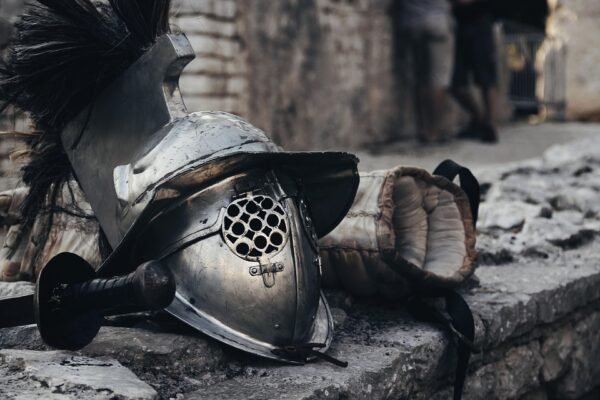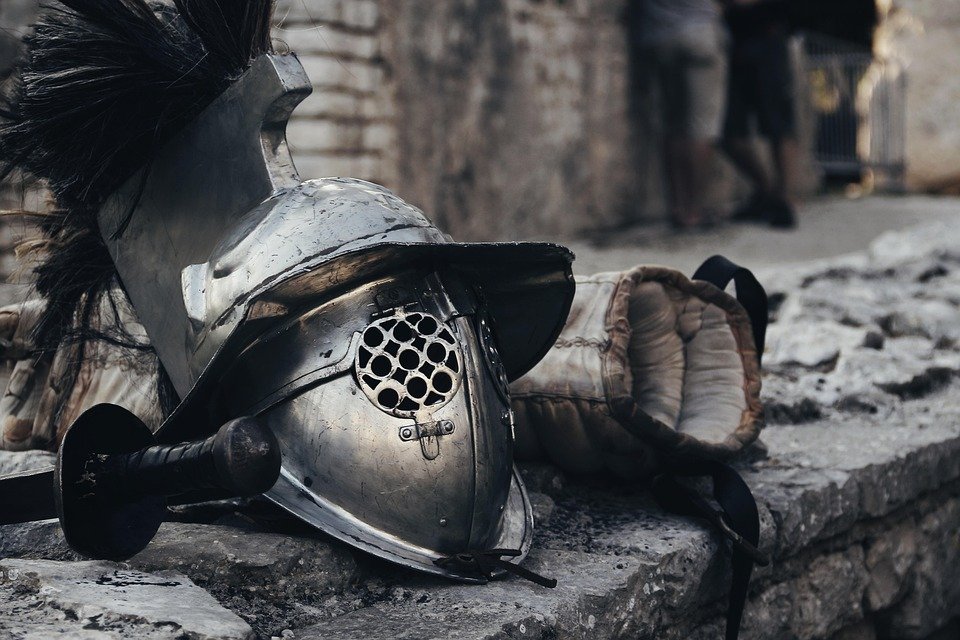

On this day: August 9
August 9 is a date that has seen many significant events throughout history. From wars to inventions to political milestones, this day has played a role in shaping the world we live in today. Let’s take a look at some of the key events that have occurred on August 9 over the years.
August 9, 1945: The Atomic Bomb is Dropped on Nagasaki
One of the most infamous events to take place on August 9 was the dropping of the atomic bomb on the Japanese city of Nagasaki during World War II. The bombing, carried out by the United States, resulted in the deaths of tens of thousands of people and caused widespread destruction. The attack came just three days after the bombing of Hiroshima, marking the first and only time that nuclear weapons have been used in warfare.
August 9, 1974: President Nixon Resigns
On August 9, 1974, President Richard Nixon announced his resignation from office in the wake of the Watergate scandal. The scandal, which involved a break-in at the Democratic National Committee headquarters and subsequent cover-up attempts by the Nixon administration, had rocked the nation and led to calls for the president’s impeachment. Nixon’s resignation marked the first time in American history that a sitting president had stepped down from office.
August 9, 1965: Singapore Declares Independence
On August 9, 1965, the small island nation of Singapore declared its independence from Malaysia. The decision came after years of political and ethnic tensions between the two countries, culminating in Singapore’s expulsion from the Malaysian federation. The move was a significant moment in Singaporean history, paving the way for the country to establish itself as a successful and prosperous independent nation.
August 9, 1942: The Battle of Savo Island
On August 9, 1942, the Battle of Savo Island took place during World War II. The battle, which was part of the larger Guadalcanal campaign, saw a Japanese naval force defeat an Allied naval task force in a night-time engagement. The battle was a major setback for the Allies and resulted in the loss of several ships, including four cruisers. The Battle of Savo Island remains a significant event in naval history.
August 9, 1936: Jesse Owens Wins Four Gold Medals at the Berlin Olympics
On August 9, 1936, American sprinter Jesse Owens made history by winning four gold medals at the Berlin Olympics. Owens’ victories in the 100m, 200m, long jump, and 4x100m relay events were a powerful rebuke to Adolf Hitler’s claims of Aryan supremacy. Owens’ performances at the Olympics were a defining moment in sports history and a testament to the power of athletic excellence in the face of prejudice.
August 9, 1995: Jerry Garcia Passes Away
On August 9, 1995, Jerry Garcia, the lead guitarist and vocalist of the iconic rock band the Grateful Dead, passed away at the age of 53. Garcia’s death marked the end of an era for the band and its legions of devoted fans, known as “Deadheads.” Garcia’s influence on the music world and his legacy as a pioneering figure in the counterculture movement of the 1960s and 70s continue to be felt to this day.
Conclusion
August 9 is a date that has seen its fair share of triumphs and tragedies over the years. From historic battles to political upheavals to moments of athletic greatness, this day has been witness to a wide range of events that have left a lasting impact on our world. As we reflect on the events that have occurred on August 9, we are reminded of the power of history to shape our present and guide our future.







